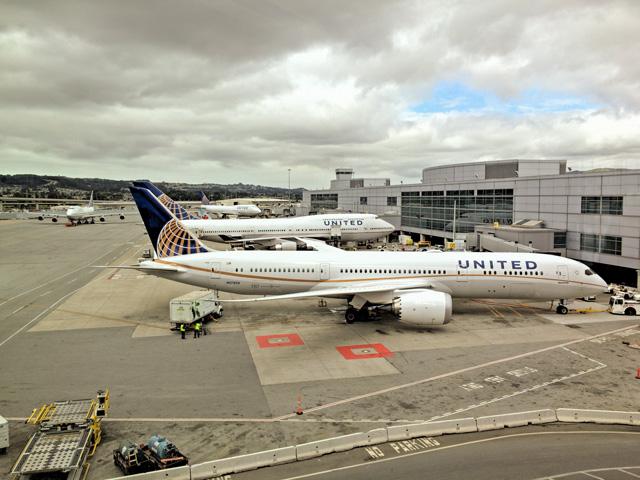Ethanol Blog
California Sustainable Aviation Fuel Agreement Expands Fuel Use by Airlines on In-State Flights
LINCOLN, Neb. (DTN) -- The California Air Resources Board struck a deal with airline companies on Wednesday to accelerate the use of sustainable aviation fuel for flights in the state, setting a goal of 200 million gallons by 2035.
An announcement was made Wednesday at San Francisco International Airport between CARB and Airlines for America, an industry trade organization representing about a dozen major airlines.
According to a CARB news release, meeting the 200-million-gallon goal would meet about 40% of intrastate travel demand -- or about 10 times current SAF levels used by airlines in the state.
The companies included in the agreement are Alaska Airlines, American Airlines, Atlas Air Worldwide, Delta Air Lines, FedEx, Hawaiian Airlines, jetBlue Airways, Southwest Airlines, United Airlines, UPS and associate member Air Canada.
According to the agreement CARB will work with the airlines to "identify, evaluate, and prioritize new policies and actions, including incentives for investment and timely permitting to help accelerate the availability and use of sustainable aviation fuels for intrastate flights in California."
P[L1] D[0x0] M[300x250] OOP[F] ADUNIT[] T[]
A working group will be formed to monitor progress in implementing the agreement, according to CARB.
"CARB staff will create a public website that will display the latest information on the availability and use of conventional jet fuel and sustainable aviation fuel within California, as well as details on relevant state and federal incentives and policies," the agency said.
"In addition to bolstering climate action in California, this agreement supports and builds on the climate goals outlined in the federal government's Sustainable Aviation Fuel Grand Challenge, a national initiative to develop a comprehensive strategy for scaling up new technologies to produce sustainable aviation fuels on a commercial scale."
Amelia DeLuca, chief sustainability officer at Delta Airlines, said in a statement the company believes the partnership will help the company achieve its goals.
"SAF is the best-known lever we have to decarbonize aviation and with around 90% of Delta's carbon emissions coming from jet fuel, we need as much SAF as we can get," she said.
"That's why we're proud to have current offtake agreements in place to support our use of SAF in California, and why we will continue to work with value chain players and government partners like CARB to accelerate the development of SAF for the future."
Major U.S. airlines have a goal to achieve net-zero carbon emissions by 2050, which will require completely transitioning from conventional petroleum-based jet fuel to sustainable alternatives.
"California and the aviation industry are joining forces to tackle emissions head-on," California Democratic Gov. Gavin Newsom said in a news release.
"We've put the tools in place to incentivize cleaner fuels and spur innovation, creating opportunities like this to radically change how Californians can travel cleaner. This is a major step forward in our work to cut pollution, protect our communities, and build a future of cleaner air and innovative climate solutions."
Todd Neeley can be reached at todd.neeley@dtn.com
Follow him on social platform X @DTNeeley
(c) Copyright 2024 DTN, LLC. All rights reserved.





Comments
To comment, please Log In or Join our Community .